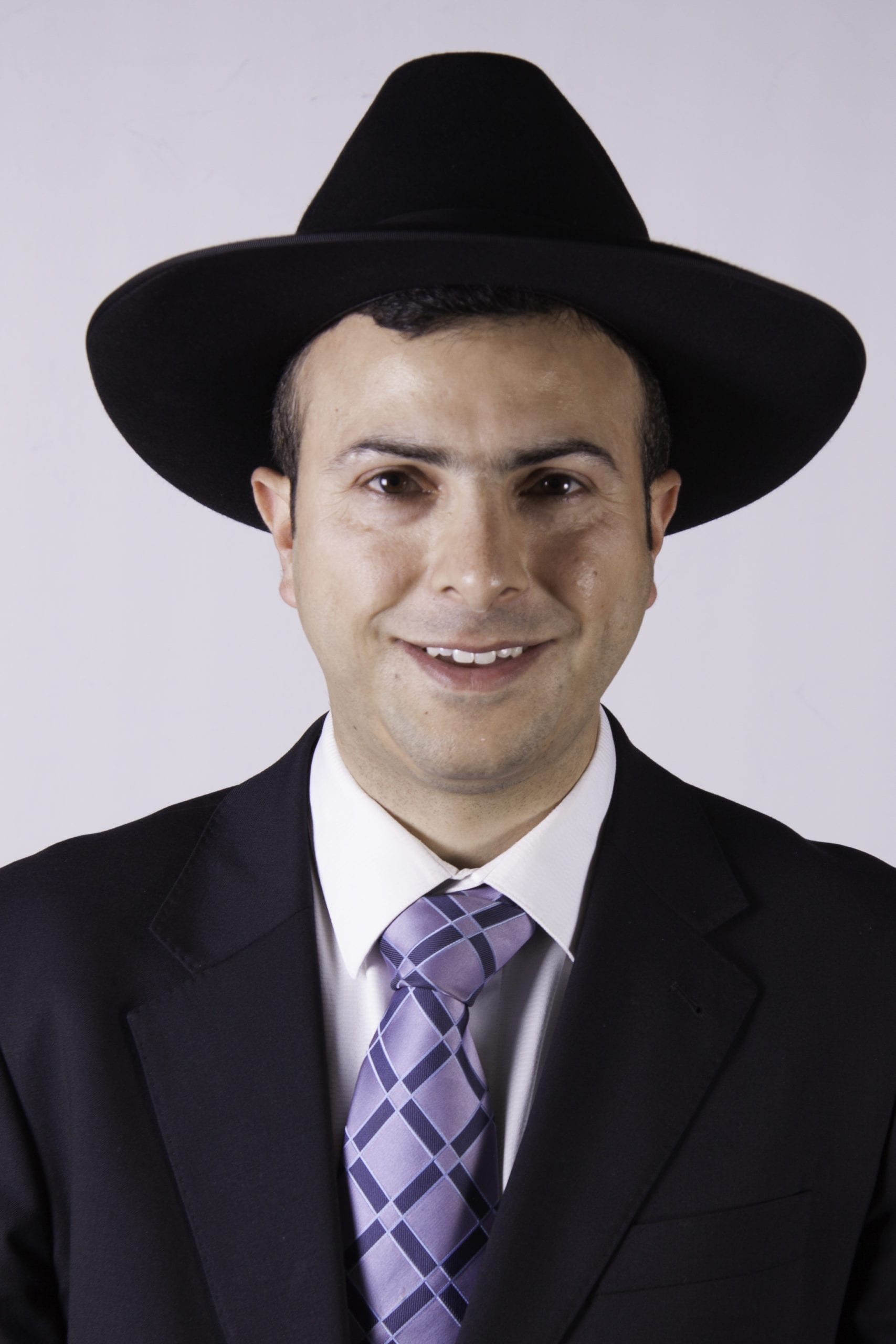
Why did Hashem command that the Jews “TAKE for me a donation” when donating to the construction of the Tabernacle? Conventional language would say that they should “GIVE a donation.” The use of the word “TAKE” reveals a powerful message as to the correct mindset of both the giver and receiver, which is illustrated by the following parable:
A pauper is invited to the home of a wealthy man. The wealthy man gives him a luxurious room in which to lodge. He provides him with new clothes and a delicious banquet; filled with all types of delicacies. The more the pauper receives, the more his sense of indebtedness grows. However, he has nothing, and cannot repay his host in any way. So he decides to approach the wealthy man and asks him “what is your favourite wine?” The wealthy man points to an ornate bottle in his cabinet. “May I pour you a glass of that wine?” “Of course!” replies the wealthy man. The pauper pours him a glass, the rich man accepts it with a broad smile, and without a hint of sarcasm he tells the pauper “Thank you very much. You are so kind and thoughtful!”
In reality, when we donate anything to a holy cause, we are giving from money or possessions that already belong to Hashem. We have nothing that actually belongs to us to give. So we are in the position of the pauper in the above story and Hashem is in the position of the wealthy man. Hashem’s reaction is that he (kivyachol) receives pleasure from being given back his own possessions, because the attempt to give to him is all that he wants from a human being. As we say in English, “it’s the thought that counts.”
Clearly, our wealthy man reacted with the same character trait of Hashem. However, he could quite easily have said “You call this a gift!? You’re pouring me my own wine!”
This lesson can be extended to all kinds of social interactions. If a child gives a gift to the parents, the parents could say “Huh! You bought this with the pocket money I gave you! That’s not a gift!” A child could make the excuse of “what’s the point in buying a gift for my parents? They don’t need anything and whatever I buy is with money they gave me!”
Some people will receive gifts on special occasions such as weddings, or from guests they invite for Shabbat, and they may appreciate the more expensive gifts over the cheaper gifts. Some guests may not bring any gifts at all because they believe “well I can’t afford a really expensive gift that my host will appreciate, so I won’t bring anything at all!”
The only correct behaviour is that which we can emulate by understanding the simchaHashem has when receiving a gift which he already owns, and his hope that we should give him a gift, whatever the value.
However, there is one incongruity in the above parable of the pauper and the wealthy man. The pauper attempted to pour for the wealthy man the wine that was most precious to him. Hashem, on the other hand, does not want us to donate what is precious to HIM, but rather what is most precious to US. The ApterRav, in his sefer “OhevYisrael,” says that the physical world was created with the letter “Heh” of Hashem’s name, and the next world was created with the letter “Yod.” The verse in this week’s parsha says that the person who can afford to give should bring his “TerumaH (spelled with a “Heh” – a physical quality),” and it continues that the “one with the willing heart” (but no money) brings “TerumatY” (spelled with a “Yod” – a spiritual quality).
A Jew who possesses money will usually consider that to be precious to him, and to donate is a significant sacrifice on his level. However, he may not have the purest of intentions (Kavana). The Jew who does not have money, may me be more righteous and would donate money with the purest kavana if he could. The Gemara in Chullin 7b states “The Jewish people are holy! Some want to donate, but do not have. Some have money but do not want to donate.” Tosafot and Rashi explain that the ones who don’t want to give, still give anyway due to needing the approval of others.
RebZushe then provides an amazing explanation; they are all holy because Hashem fuses the action of the donor who has the incomplete kavana with the kavana of the sincere person who yearns to donate – and makes a Shidduch! As a team effort, the Jewish people create a perfect mitzvah by combining the action and the kavana of two different Jews.







